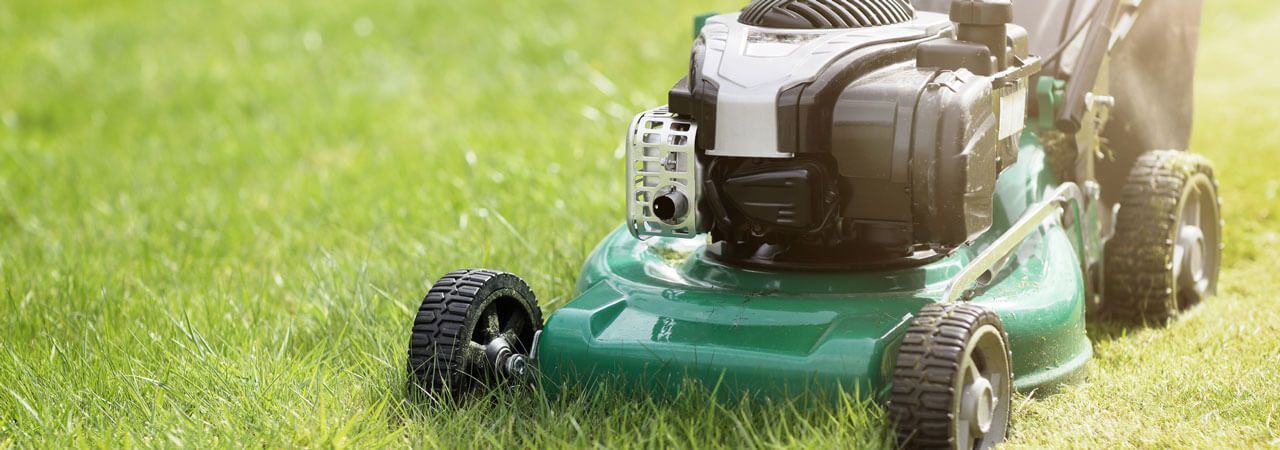
In our fast-paced and demanding world, it's easy to get caught up in the hustle and bustle of daily life, leaving little time for personal pursuits and relaxation. However, cultivating hobbies is not just a leisurely pursuit; it is an essential aspect of a well-rounded and fulfilling life. Engaging in hobbies provides numerous benefits for our mental, emotional, and physical well-being. Additionally, hobbies offer a way to explore our passions, expand our horizons, and foster personal growth. If you're looking to discover the importance of hobbies and how to develop them, this article is for you.
Why Are Hobbies Important?
- Stress Relief: Hobbies serve as a refuge from the pressures and stressors of everyday life. Engaging in an activity that you enjoy can provide a much-needed break, helping to reduce anxiety and promote relaxation. Whether it's painting, gardening, playing an instrument, or reading, hobbies create a sense of calm and balance.
- Mental Stimulation: Hobbies provide an avenue for intellectual engagement and cognitive development. They encourage us to think creatively, problem-solve, and learn new skills. Regularly challenging our minds through hobbies can improve memory, enhance focus, and increase overall mental agility.
- Personal Fulfillment: Pursuing hobbies allows us to tap into our passions and interests, bringing a sense of purpose and fulfillment to our lives. Hobbies offer an opportunity for self-expression and self-discovery, helping us understand ourselves better and find joy in what we do.
- Emotional Well-being: Hobbies have a profound impact on our emotional well-being. Engaging in activities that bring us joy and satisfaction can boost our mood, increase self-esteem, and provide a sense of accomplishment. Hobbies also serve as an outlet for emotional expression, allowing us to channel our feelings in a constructive and positive manner.
- Social Connection: Many hobbies provide avenues for social interaction and community involvement. Joining clubs, groups, or online communities centered around shared interests can help forge new friendships and foster a sense of belonging. Hobbies provide common ground for connecting with others and building meaningful relationships.
How to Develop Hobbies:
- Reflect on Your Interests: Begin by reflecting on your interests and passions. Consider activities that have always intrigued you or subjects you've wanted to explore further. Reflecting on what genuinely excites you will help you choose hobbies that resonate with your values and preferences.
- Start Small: When developing hobbies, it's important to start small. Begin with activities that are easily accessible and require minimal investment in terms of time and resources. This approach allows you to explore various options without feeling overwhelmed or discouraged.
- Experiment and Explore: Be open to trying new things. Explore a range of hobbies to find what captures your interest the most. Attend workshops, join introductory classes, or seek guidance from experienced hobbyists to gain exposure and insight into different activities.
- Set Goals and Prioritize: Establish clear goals and prioritize your hobbies in your schedule. Determine the amount of time you can allocate to your hobbies regularly and make a commitment to honor that time. Setting goals will help you stay motivated and dedicated to developing your skills.
- Create a Supportive Environment: Surround yourself with a supportive environment that encourages your hobby pursuits. Share your interests with friends and family, join hobbyist communities, or find a mentor who can provide guidance and encouragement along the way.
- Embrace Challenges and Learn from Failures: Hobbies are a journey of growth and self-improvement. Embrace challenges and view failures as learning opportunities. Be patient with yourself, celebrate progress, and keep a positive mindset.
- Maintain Balance: While diving into hobbies can be exhilarating, it's important to maintain balance in your life. Ensure that you allocate time for other responsibilities, relationships, and self-care activities. Hobbies should enhance your overall well-being, not become overwhelming or cause undue stress.






